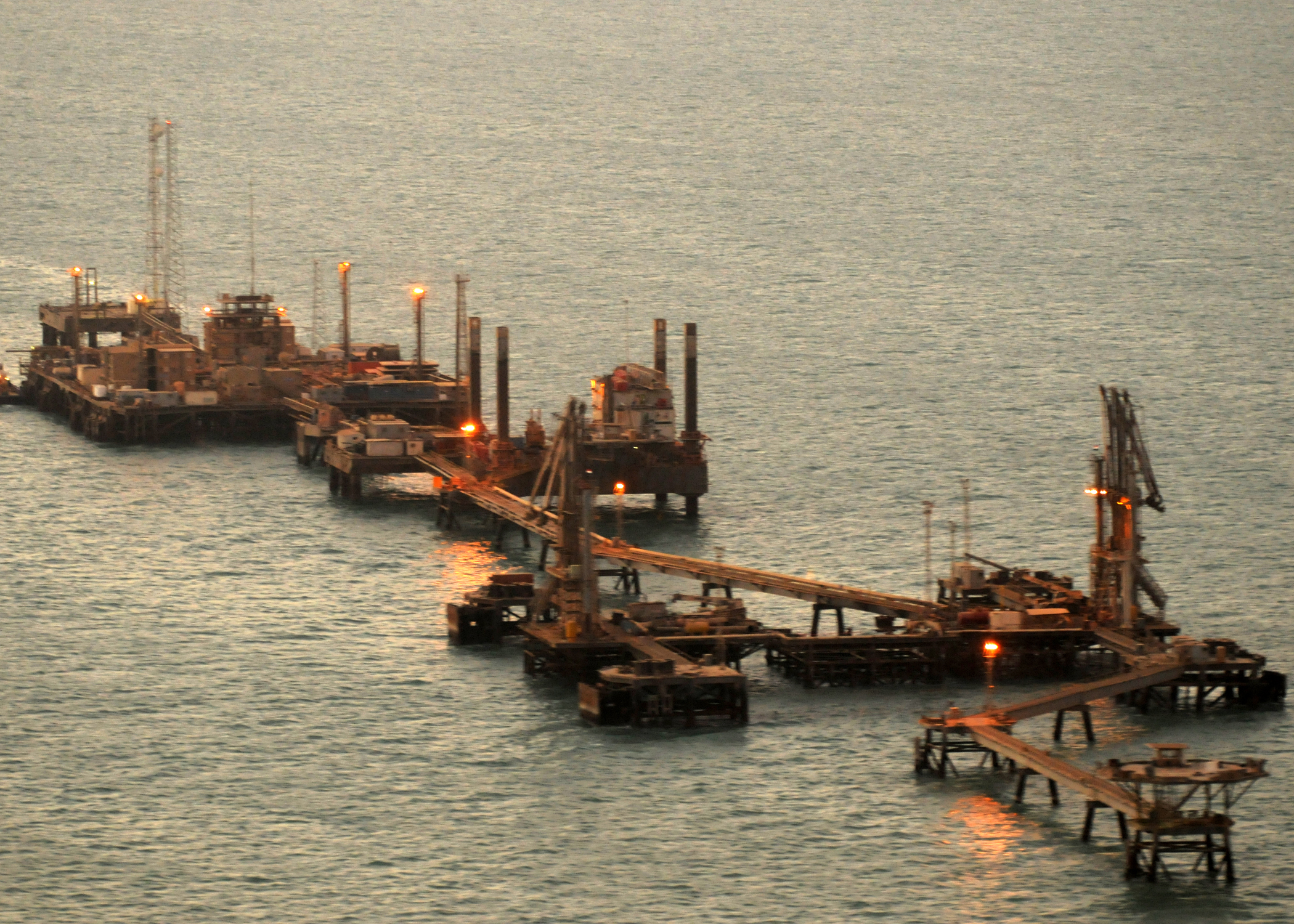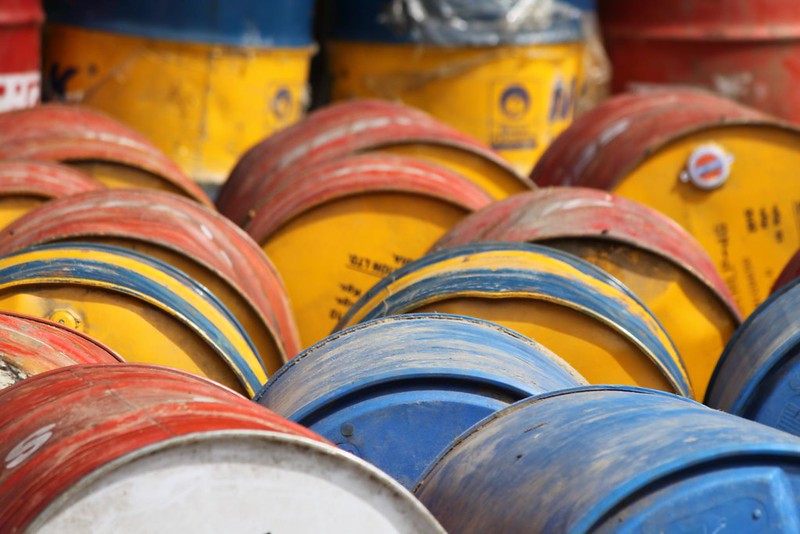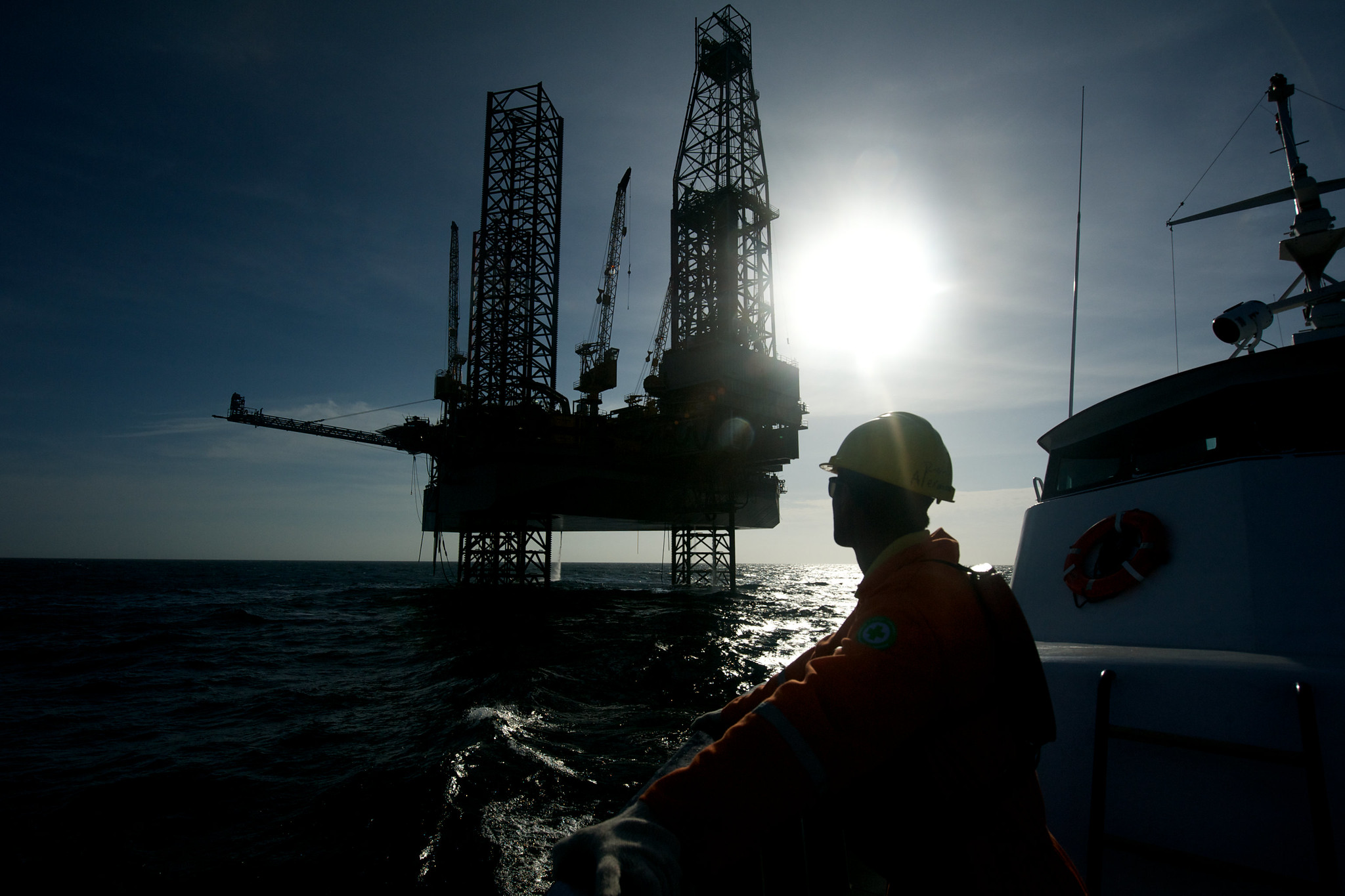How will traumatic decarbonization affect peace processes and political settlements in fragile oil-producing states in Africa and the Middle East?
What happens when a petrostate loses its oil rents? While the oil market continues to go through boom-and-bust cycles, cases such as Iraq provide evidence of how the rapid loss of oil revenues—traumatic decarbonization—may affect the politics and stability of these petrostates. In Iraq, multiple shocks to oil revenues from 2014 through 2020 fundamentally altered the organization and concentration of political power in Iraq with destabilizing and democratic consequences. Using the Political Marketplace Framework as an analytic framework, this paper argues that the successive traumatic shocks to Iraq’s oil revenues bankrupted the government triggering a nominal decentralization process, the fracturing of sectarian power, and contributed to a breakdown of sectarianism among the Iraqi people. Decarbonization and Political Transformation in Iraq traces the evolution of these changes from 2014 through October 2021 and discusses the implications for the future of Iraqi politics.
Access the full paper, Decarbonization and Political Transformation in Iraq: The Impact on Politics, Society and Regional Relations
The Carbon Compacts, Decarbonization, and Peace in Fragile States in Africa and the Middle East project was a 21-month research project led by the World Peace Foundation at Tufts University and funded by the United States Institute for Peace. Our goal within the project was to analyze how traumatic decarbonization—a rapid loss of oil rents—would affect peace processes and political settlements in fragile oil-producing states in Africa and the Middle East.
Photo: Iraq’s Khawr Al Amaya Oil Platform (KAAOT) just after sunrise, by Official U.S. Navy photo by Mass Communications Specialist 2nd Class Lenny M. Francioni (Public Domain)



